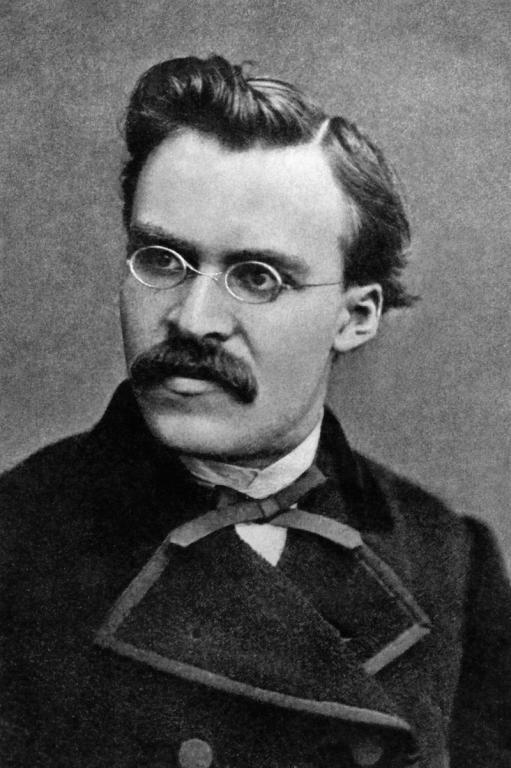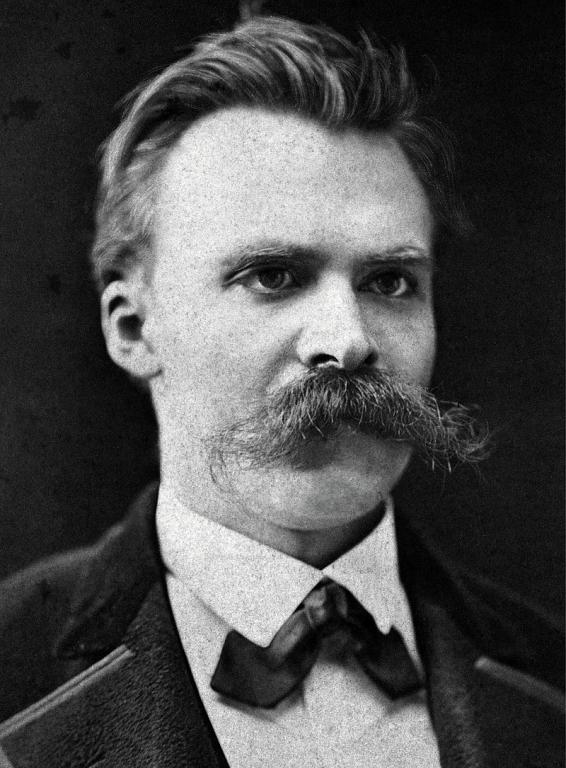In his famous Enquiry, the philosopher Dave Hume offers 4 supplementary arguments against miracles (or ‘prodigies,’ as he calls them). He thinks that these arguments refute the existence of miracles. I want to talk briefly about two of them here.

Hume’s first reason is centered on the idea of testimony. In short, Hume thinks that there has never been a sufficient body of evidence for a miracles occurrence because no miracle has ever been supported by the testimony of enough trustworthy people to make it probable. In other words, there are just never enough trustworthy witnesses to back the miracle story up. I really appreciate Hume’s comment here. I agree with him that there often are not enough trustworthy witnesses to back up claims about supernatural events. But I think it is also important to note that Hume’s argument here is not in fact a knock-down, argument-ending demonstration that there are never enough trustworthy witnesses! How many trustworthy witnesses would be enough to make a miracle a probable occurrence, in Hume’s opinion? I’m not sure, but as a supernaturalist I do happen to think that in certain cases in history there have been enough trustworthy witnesses for us to assume that the miracle occurred. Think, for example, of the resurrection of Jesus. Hundreds of witnesses corroborated the story and hundreds of witnesses were willing and available to be consulted by others about it. Many or most of these early witnesses eventually died for their belief in Jesus’s resurrection. Speaking personally, I think it takes a whole lot of conviction to be willing to die for ones belief in a miracle story! See the following discussion, for more about this topic: http://www.reasonablefaith.org/evidence-of-jesus-resurrection
Hume’s second argument against miracles kind of boils down to just one key thought: human beings have a tendency to exaggerate. Humans have a desire for novelty, and a need to experience the sensations of surprise and wonder that often lead them to fabricate tall tales and wild stories. I strongly agree with Hume on this one! Many times in my own life, people have told me wild stories about supernatural events. Why do I think they did it? A lot of the time, the reason seemed to be nothing more than a desire to exaggerate for the sake of adventure or novelty. But again, at the end of the day I think that Hume overreaches in the conclusions he draws from this argument. This is because Hume’s second argument, once again, is not in fact a demonstration that miracles never occur! It merely suggests that a lot of miracle stories are exaggerated. It is overreach for Hume to draw any further, stronger conclusions than this from the second argument.
In sum, I greatly appreciate the arguments that Hume makes in the Enquiry against miracles. In my mind, they rightly suggest that we ought to be cautious about believing miracle stories! There are many miracle stories that are exaggerations or outright lies. But again, the key takeaway that I have from this is that Hume overreaches in his conclusions. The arguments that Hume makes in the Enquiry against miracles do not in any way demonstrate that miracles do not occur. They just suggest that miracles are rarer events than we might like to think, and that we ought to be cautious about believing in them when we hear other people tell us stories of them.














